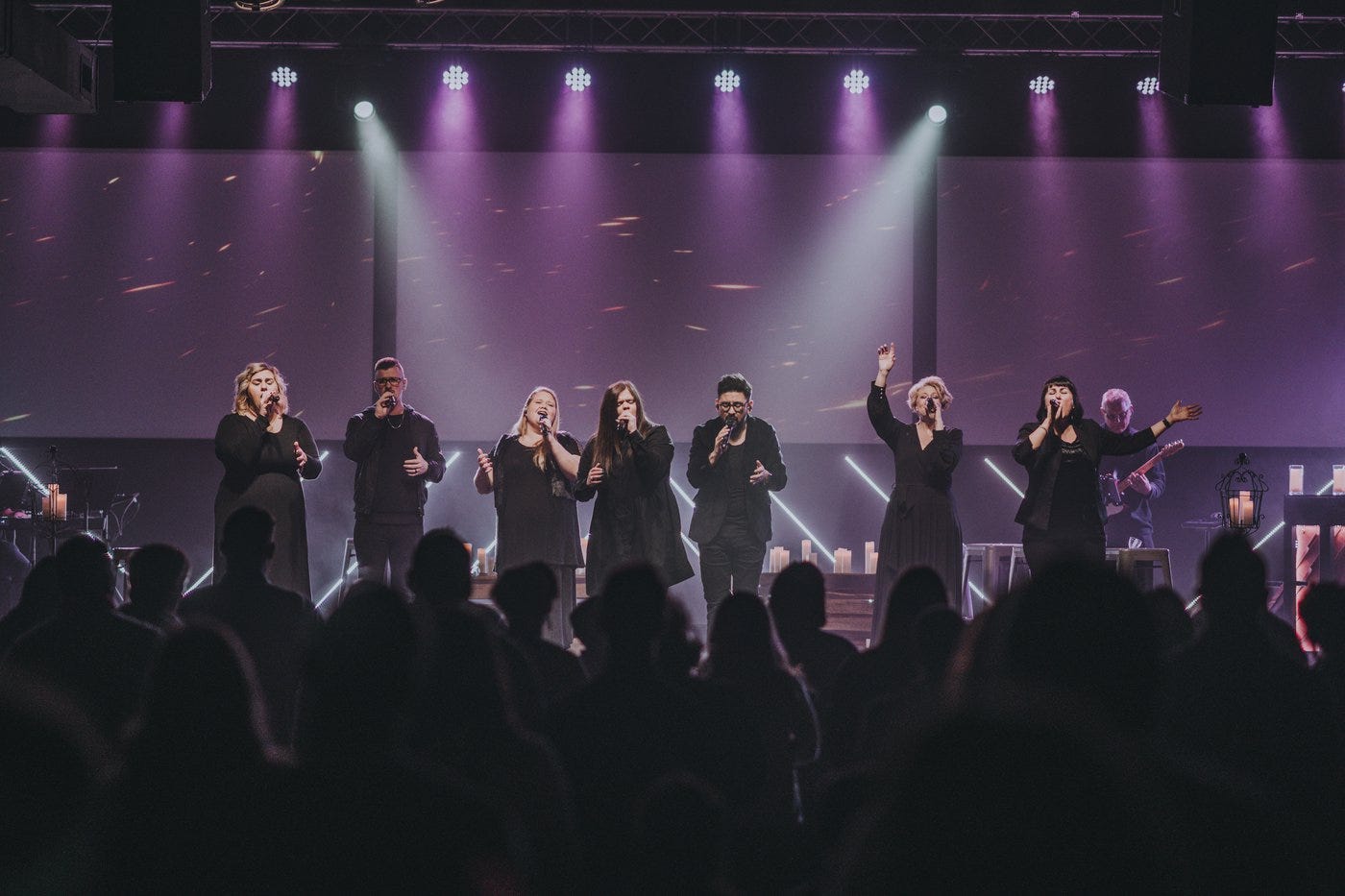I was recently loitering in a Rock Shop, one of the few holy spaces for middle-aged men where we go to feel. When I say I haunt guitar stores, this isn’t just a creative flourish. I walk in as a ghost and find I can revive that long-dead version of myself by attacking an E-chord on a Les Paul I have no intention of buying.
A stocky, young, bearded man who, if I had to describe him, looked like yet another artisanal brewer approached me and struck up conversation. My Fender T-shirt served as his pretext. He asked if I played one.
It was not the first time I’d been asked to justify my choice in cotton. Once, on Symonds Street, a fading punk who wore his furrowed brow like an honorary sheriff’s badge, pulled me aside to interrogate my knowledge of The Misfits, clearly hoping to expose me as a fashion fraud. I passed his test, and his disappointment was palpable. As obnoxious as he sounds, I respected this tribal policing of authenticity. A sort of Māori warden of rock ‘n’ roll? That’s a philanthropic enterprise I could invest in, in the unlikely event I earn some real money.
I do, I told the bearded kid. A 1973 Fender Telecaster Deluxe. My credibility was secured. This was like confessing at a car show that you drove a ’60s Mustang.
My new friend told me he played too. “With my church band,” he added. I’d had this conversation before, far more often than you might expect. In music stores and out in the real world. It began to dawn on me: is the local live music scene… religious now?
When my own band reluctantly packed away its fishnet stockings in 1993, Auckland’s live music scene was already in visible decline. Grunge had reduced the theatrical to the depressive, and soon after came the parasitic rise of house music and its cheaper mercenaries: DJs. Publicans, never exactly torchbearers of cultural heritage, worked out that one man with two turntables was more affordable than five blokes and a van. Although, unlike us, the DJ didn’t reinvest their profits in the bar.
So, where is rock? Where is the blues? Where is metal, for heaven’s sake?
Gone is Shooters on Mercury Lane. The Blues Barn on Upper Queen Street, where we conjured our best imitation of a Memphis bar with a $400 PA and glorious, Strat-induced violence often pouring out onto the street, has long since vanished. What remains? The Spotify playlist in a café. The stage has been replaced by the algorithm.
And yet, like Lazarus from the tomb, is live music undergoing a revival?
I recently interviewed Bishop Brian Tamaki at Destiny Church out in Wiri. Say what you will of his theology, you cannot deny the man's stagecraft. Up close, he’s a Māori Wayne Newton, from the pompadour to the Vegas ambition. He’d rock one of Liberace’s white minks. His auditorium is vast, a wonderful purple color, and, most importantly, equipped with a proper stage. Instruments at the ready. Lights cued. Roofer by day, bassist by Sabbath. A ready and willing audience every Sunday. If you're a musician, what more do you want? Tamaki’s gifting you rock star status without the 2-minute noodle diet.
Even one of my former bandmates, ravaged by addiction, found his way to a Pentecostal altar, and there, with tears and tremolo, resurrected himself in the key of C.
So, perhaps the Kiwi music scene isn’t dead. It’s just moved. From bars to pews. The faithful now rock out with Bibles in hand instead of pints of Tui.
A cultural shift, yes. But also, a sobering one: Rock and roll once sold its soul to the devil. But it now appears to have leased it back to God.





Very vivid and loving. I want to go into that guitar shop and those bars and that church.